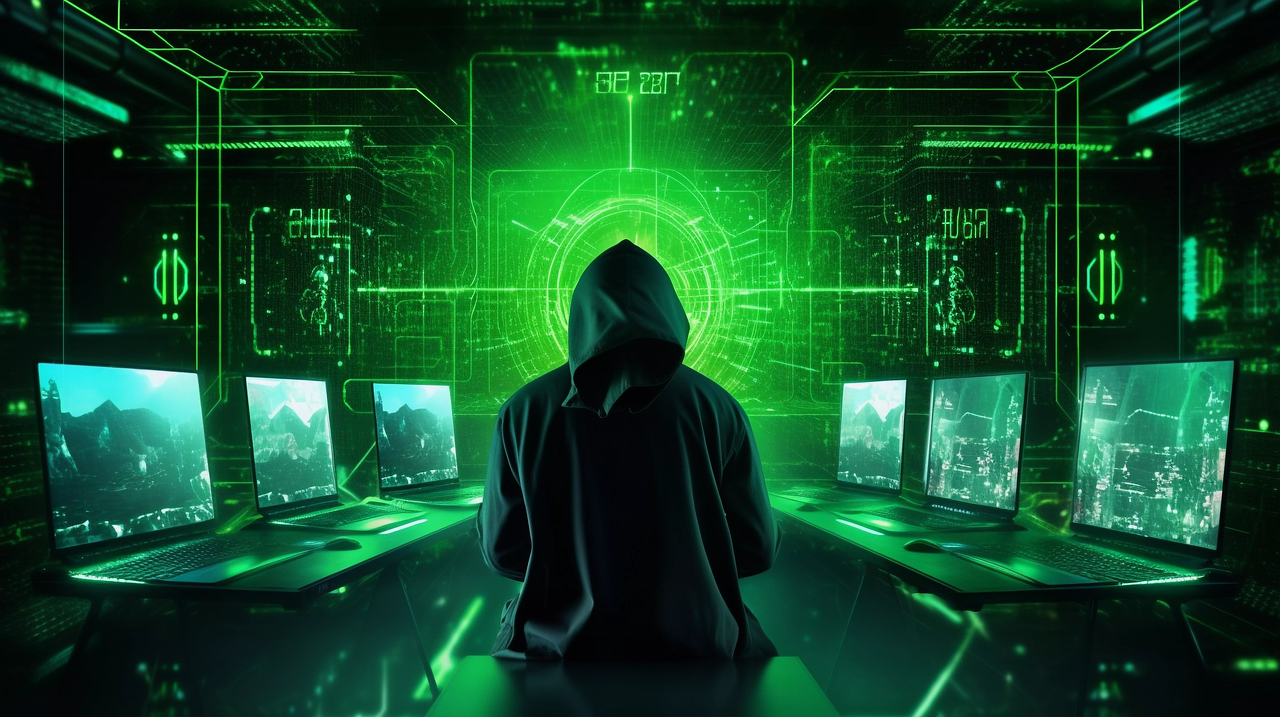In today’s world, where technology is part of almost everything we do, cyberattacks have become a serious global problem. Not only have ransomware made companies disappear but so have hackers been taking the personal and financial information of individuals to their thoughts. Know about Starbucks’ cyberattack Read this Article.
In 2024, cyberattacks have become a major concern, with hackers going after vital systems, big companies, and even small businesses. Such attacks have led to significant financial damage and reputational harm. Around the world, governments and organizations are working hard to strengthen their security, but as hackers find new ways to attack, the big question is whether we are truly ready to handle them. This discussion looks at a recent attack on Blue Yonder, a supply chain platform that uses AI.
In Reference
On November 21, 2024, Blue Yonder faced a serious ransomware attack that disrupted many businesses in North America and the UK. The Wall Street Journal reported that the outbreak impacted a range of up to 11,000 Starbucks stores in the United States and Canada. It also caused disruption for the biggest UK supermarket chains, Morrisons and Sainsbury’s.
This isn’t the first time a cyberattack has disrupted a major food service company. Earlier in 2024, McDonald’s and Panera faced similar issues. As for Panera’s situation, it worsened after employee data was stolen. For Starbucks, the ongoing system outage has required the company to revert to manual systems for employee scheduling and payroll. Starbucks has assured that operations in stores will not suffer, and customers will not miss their services, and all employees will maintain their salary for their working hours. Nevertheless, this experience highlights the fragility of the existing security measures and the necessity for more robust defenses. It also points out the need for cost effective and fast recovery plans to be prepared for when such issues arise.
Future Steps
A CNN article reports that Blue Yonder has hired CrowdStrike to manage and recover from the attack.
This highlights just how expensive it can be for companies to bounce back from cyberattacks, even for big names like Starbucks. In such cases, Cyber Insurance is greatly needed, helping companies with the financial protection against costs and disruptions from such incidents.
Evaa Saiwal, Head of Cyber Insurance at Policybazaar for Business, explains that unlike the Target breach, which focused on stolen data, Starbucks is facing a ransomware attack. Ransomware seizes control of the entire company’s systems, halting all operations and prompting the company to scramble to recover.
The financial damage is huge. The average cost of recovery from an unsuccessful ransomware attack in 2023 was $1.82 million and 84% of businesses reported financial losses arising out of such attacks. She stresses the need for businesses of all sizes to have a solid cyber insurance plan. The benefit of having sound cyber insurance is in the ability of companies to buffer financial damage, gain peace of mind, and be equipped to recover. A robust policy includes coverage for ransomware settlements, third-party exposure to vulnerability from vendor attacks, lost revenue from business outages, 24/7 incident response support, and guidance on data protection statutes. Ideally, select a plan that meets the needs of your business as well as provides 24/7 claims support. In this day and age of ransomware becoming a possibility at any time, preparation is vital.
On top of the financial protection, insurance plans often come with mental health resources, tools for risk management, and access to cybersecurity professionals.
This allows companies to minimize damage and be able to recover faster. With the increasing enforcement of laws such as the General Data Protection Regulation (GDPR) and the California Consumer Privacy Act (CCPA), businesses require assistance to navigate this legal landscape. Cyber insurance is an important tool in the prevention of fines and compliance. With cybercrime costs expected to hit $10.5 trillion a year by 2025, having cyber insurance is no longer optional. In today’s digital world it is of utmost importance as a means of stabilizing a company, to keep it continued in a steady fashion, and to keep confidence in business running.
